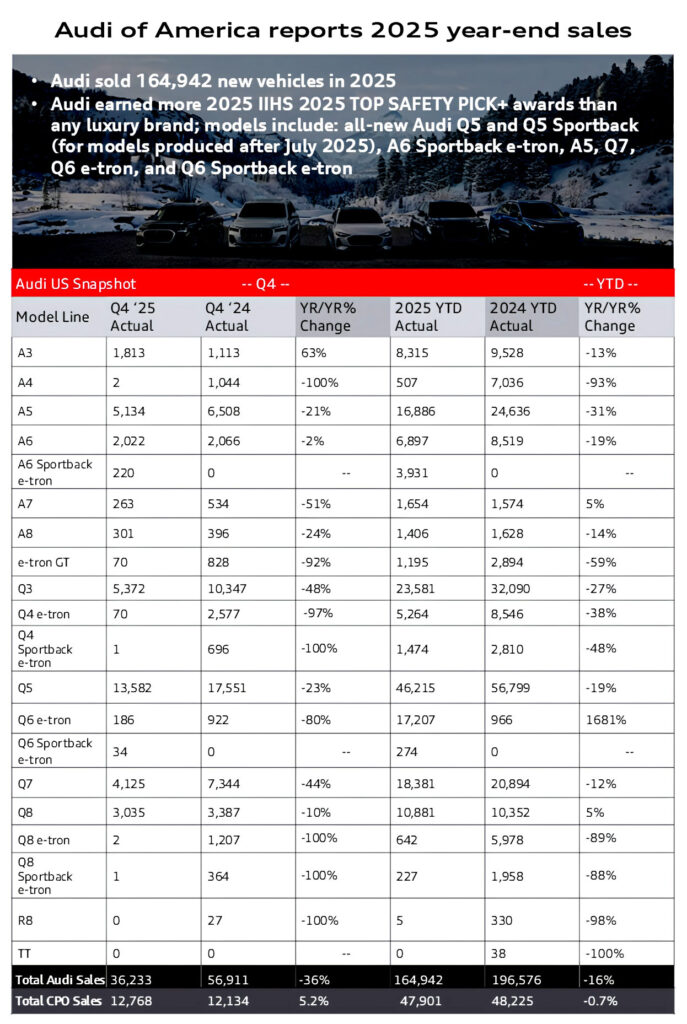Every VW Model Dropped In Sales, Except The Two You’d Never Expect
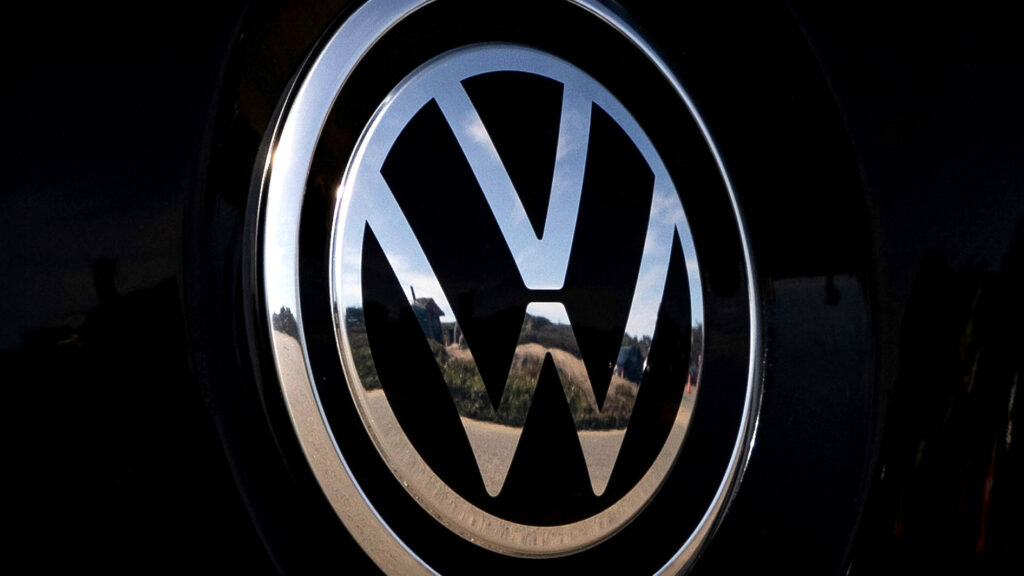
- Audi and Volkswagen both saw US sales drop last year.
- EVs were one of the few bright spots as ID.4 sales soared.
- However, sales plummeted since the tax credit expired.
Volkswagen has a fresh lineup with a facelifted Golf, Jetta, and Taos. If that wasn’t enough new blood, the company launched a redesigned Tiguan not long ago.
While you’d expect these models to help boost sales, this couldn’t be further from the truth. Quite the opposite as the only vehicles that posted gains last year were fully electric.
More: VW ID.4 Gets A Stealthy Blackout Package But Something Bigger Waits In The Shadows
This is a tad surprising, but consumers rushed to take advantage of the expiring tax credit. This resulted in a significant boost in the third quarter as ID.4 sales skyrocketed 176% to 12,470 units.
Now, with the tax credit gone, sales of the electric crossover plunged 61.6% to a mere 248 vehicles. That’s a massive swing of 12,222 units in just six months.
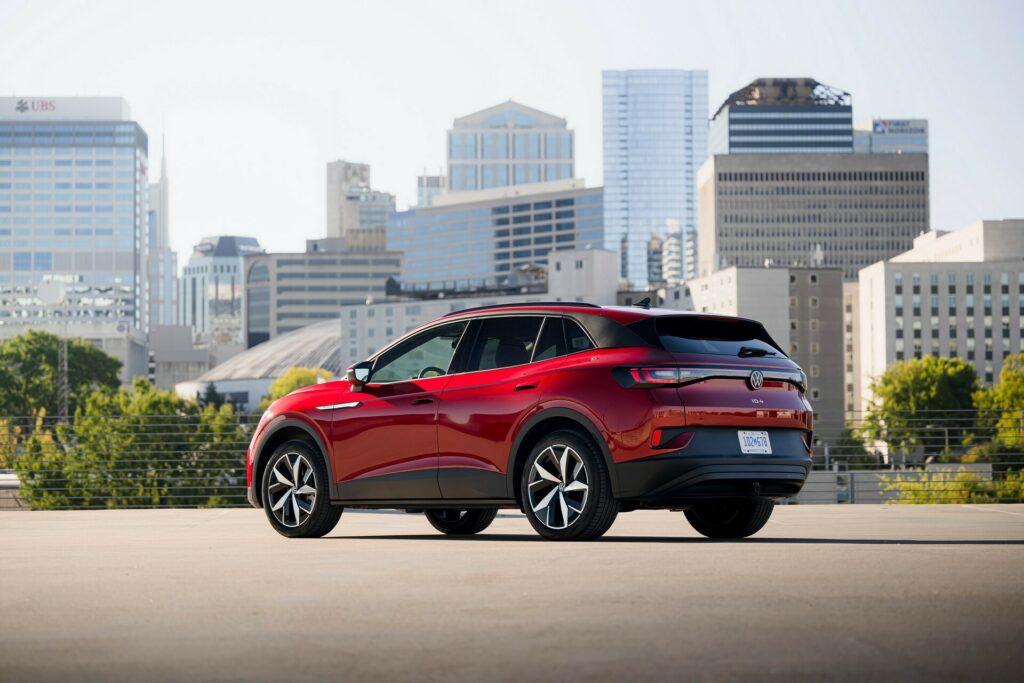
While sales have fallen off a cliff, the ID.4 finished the year up 31.4%. However, that pales in comparison to the ID. Buzz, which jumped 428.4%. That being said, Volkswagen only moved 6,140 electric vans and has already announced the EV is skipping the 2026 model year.
The picture gets pretty bleak from there as every other vehicles saw sales decline last year. The Jetta was off by 24.4%, while the Golf GTI and R dropped by up to 34.7%.
VW US SALES 2025
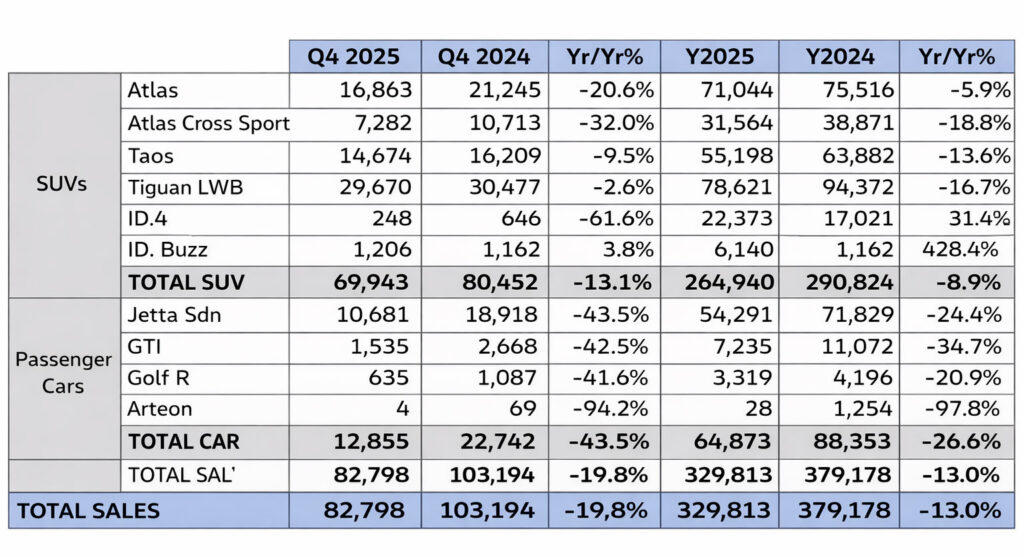
Even the brand’s crossovers struggled as the Atlas and Atlas Coupe only generated a combined 102,608 sales. The Taos was down 13.6%, while the Tiguan dropped 16.7% as some buyers likely held off for the redesigned model.
For the year, Volkswagen sold 329,813 vehicles in the United States. That’s down 13% and it means the brand was outsold by Mazda (410,346).
Audi Had Another Dismal Year
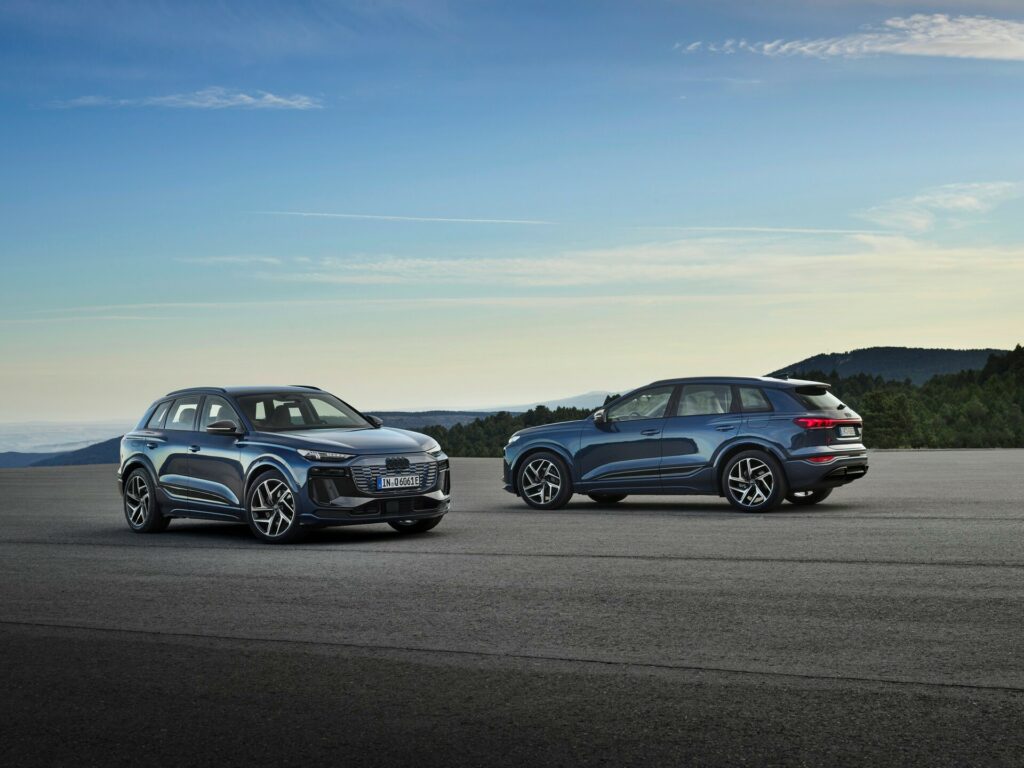
Things were even worse at Audi, which saw sales fall 16% to 164,942 units. That means they were beaten by Cadillac (173,515), Lexus (370,260), and BMW (388,897).
The numbers are terrible as the only models that saw gains were the aging A7 (5%) and Q8 (5%). The Q6 e-tron shot up 1,681%, although that’s mostly due to a late launch and limited supply last year.
That being said, the model appears to be a hit as consumers snapped up 17,207 units. This is more than three times the number of Q4 e-trons sold as sales were down 38% to a modest 5,264.
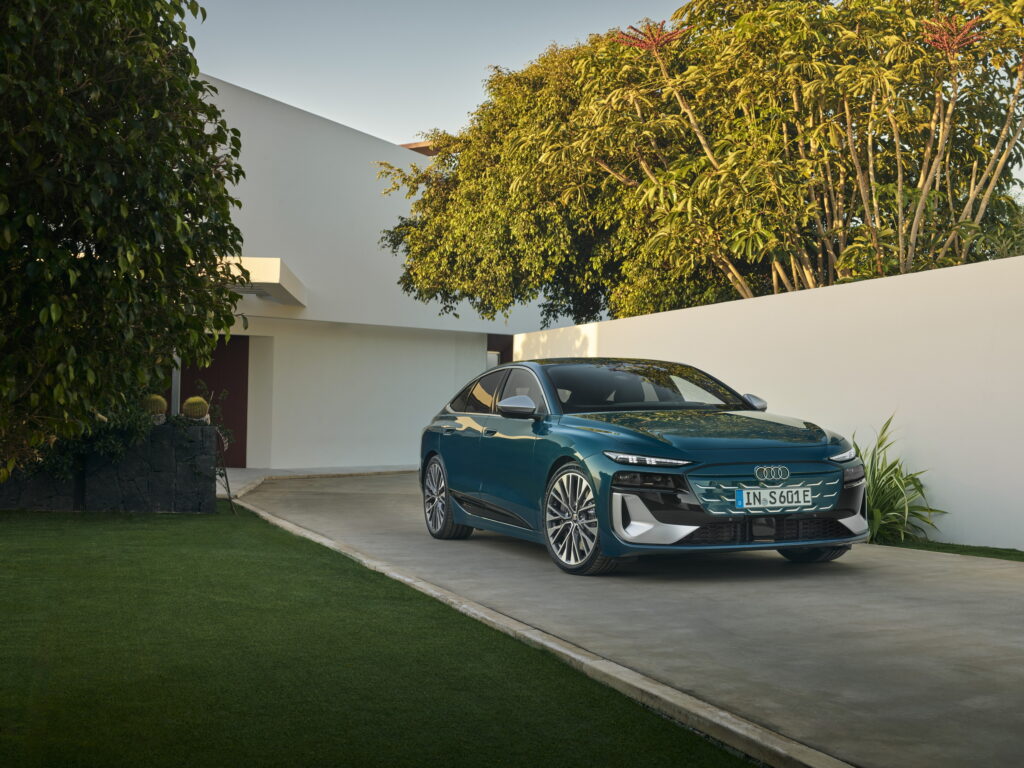
Speaking of EVs, the e-tron GT tumbled 59%, while the new A6 e-tron Sportback found 3,931 buyers. The discontinued Q8 e-tron lineup is also getting pretty rare and this explains why sales have fallen off the map.
The rest of the numbers should be given some context as Audi is in the midst of a major product revamp. As a result, there’s a new A5, A6, Q3, and Q5. Most of these models are already on sale in the United States, but the Q3 arrives shortly.
That being said, there are still a number of outdated models weighing sales down. One of the worst offenders is the Q7, which saw sales drop 12% last year to a disappointing 18,381 units. To put that into perspective, Lexus sold 57,346 TX crossovers.
